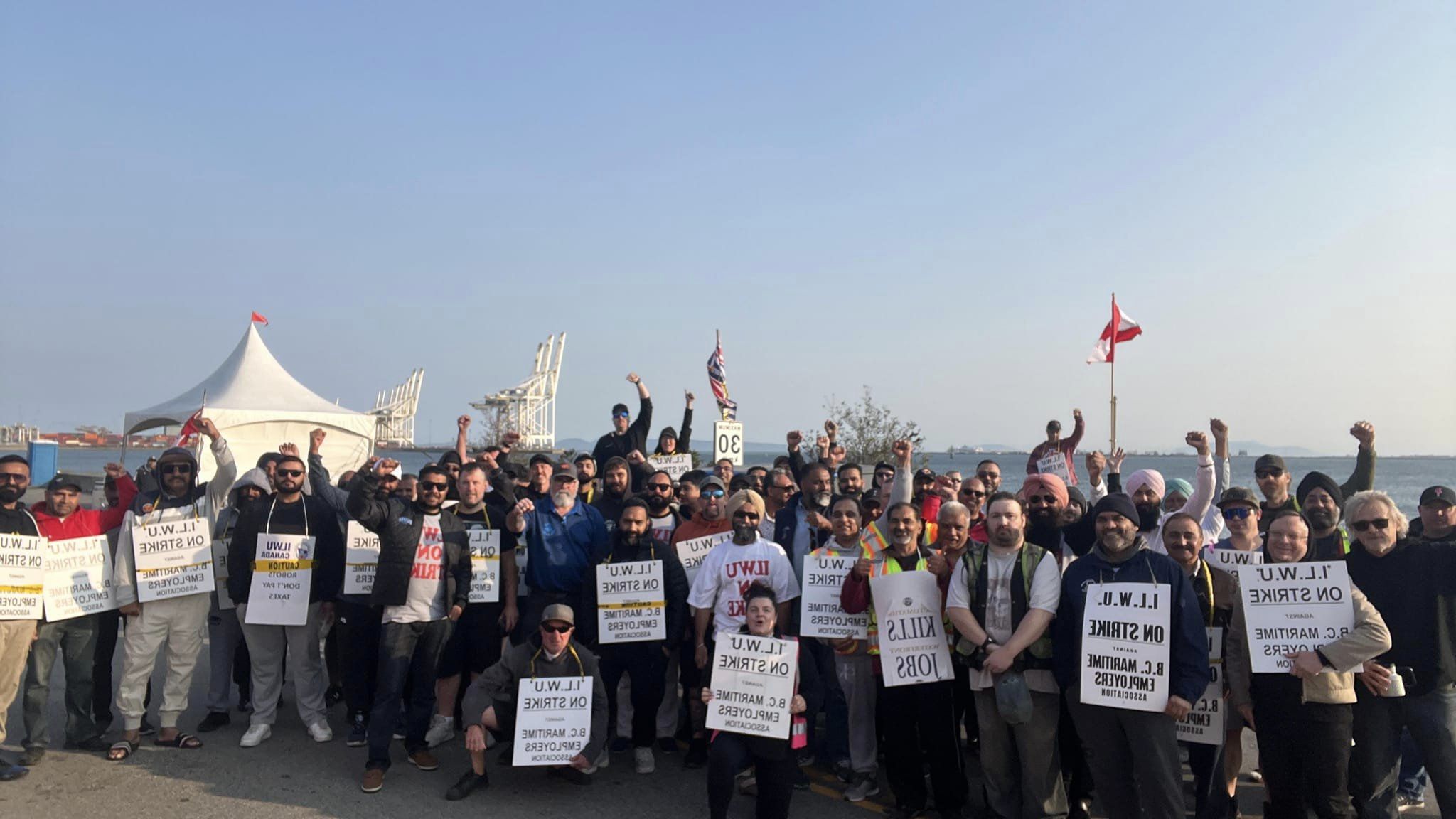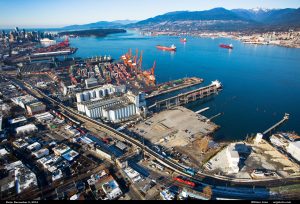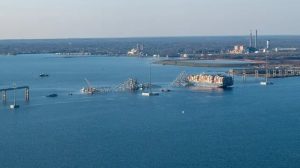As the docker strike on Canada’s West Coast entered its fourth day, negotiations between the maritime employers and the longshore union have come to a complete halt – with a war of words from both sides accusing the other of being unreasonable. Shippers are bracing for a long conflict that could have a significant national supply chain effect given the fact that British Colombia’s 29 ports, anchored by Vancouver and Prince Rupert, account for about one quarter of Canada’s foreign trade.
With no end in sight, the mining industry today joined previous distress messages from the manufacturing, retail and agri-food sectors in calling for immediate federal action that could include back-to-work legislation. The latter would require the House of Commons to be recalled from the annual vacation-recess, and thus far the Trudeau government has stuck by its position of allowing the collective bargaining process to exercise its mandate.
“B.C.’s ports play an essential role in Canada’s mining supply chain, serving as central hubs for the transport of the critical minerals and metals essential to businesses both domestically and internationally,” said Pierre Gratton, President and CEO of the Mining Association of Canada. “Canada’s reputation as a trusted producer of these materials is in question if we are unable to rely on our transportation networks to get them to market.”
Mining is a major user of Canada’s ports and is the largest single shipping sector by volume by both rail and marine modes. The majority of this production volume is shipped to international customers, together accounting for 22% (or $127 billion) of the total value of Canada’s exports in 2021, and consistently contributes positively to Canada’s balance of trade.
Talks between the BC Maritime Employers Association (BCMEA) and the International Warehouse and Longshore Union Canada fell apart late Monday, and both parties rapidly issued mutual recrimination statements.
The BCMEA declared: “ILWU Canada has left no further avenues to reach a deal. The BCMEA has gone as far as possible on core issues.”
The employers’ association notably affirmed that the union is trying to expand its scope and redefine Regular Maintenance Work with a position that would result in “immediate and significant impacts on terminal operations.” It called the compensation demands “unreasonable,” saying the union went out on strike over demands that are “outside any reasonable framework for settlement.”
“BCMEA is of the view that a continuation of bargaining at this time is not going to produce a collective agreement,” the employers’ association said in the statement released on Monday. “ILWU Canada needs to decide if they are going to continue this strike with no hope of settlement, or significantly modify their position so a fair and balanced deal can be reached.”
The BCMEA statement continued: “BCMEA employer members are proud to provide well-paying family-supporting jobs for B.C. longshore workers. For context, in 2022, the median salary of an ILWU Union longshore worker in B.C. was $136,000 per year, plus benefits and pension. Over the course of the past 13 years, longshore wages have risen by 40%, ahead of inflation at 30%. ILWU Canada member wages have increased by approximately 10% in the past three years since the COVID-19 pandemic began.”
Regarding the maintenance work issue, ILWU Canada president Rob Ashton said ILWU Canada is focused on stopping “the erosion of jurisdiction” and the extensive use of contractors.
“When we finally had a document that was largely agreed upon as the result of continuous movement by the union on this one position the association decided to change their position in an attempt to muddy the water and mischaracterize the work, we have spent months discussing,” Mr. Ashton said.
“We implore the BCMEA to get back to the table to achieve a fair and reasonable agreement that the parties negotiate together,” Mr. Ashton stressed, adding: “It is unrealistic to think that a collective agreement that is imposed will result in long term labour stability in the industry. The parties need to put their best effort forward for the entire country and not just their individual aims.”
(Photo of striking dockers at Deltaport by ILWU Canada)





